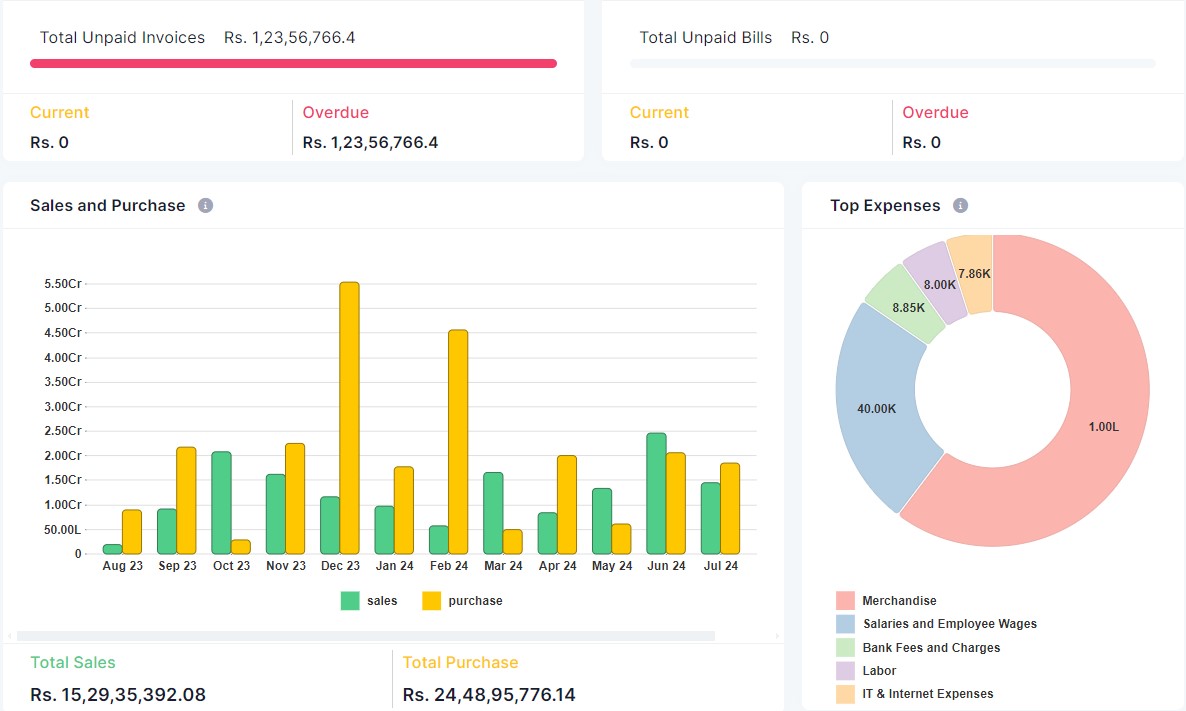Integrated Modules
ERP software provides a suite of integrated modules that cover all key aspects of business operations, ensuring seamless data flow and collaboration across departments:
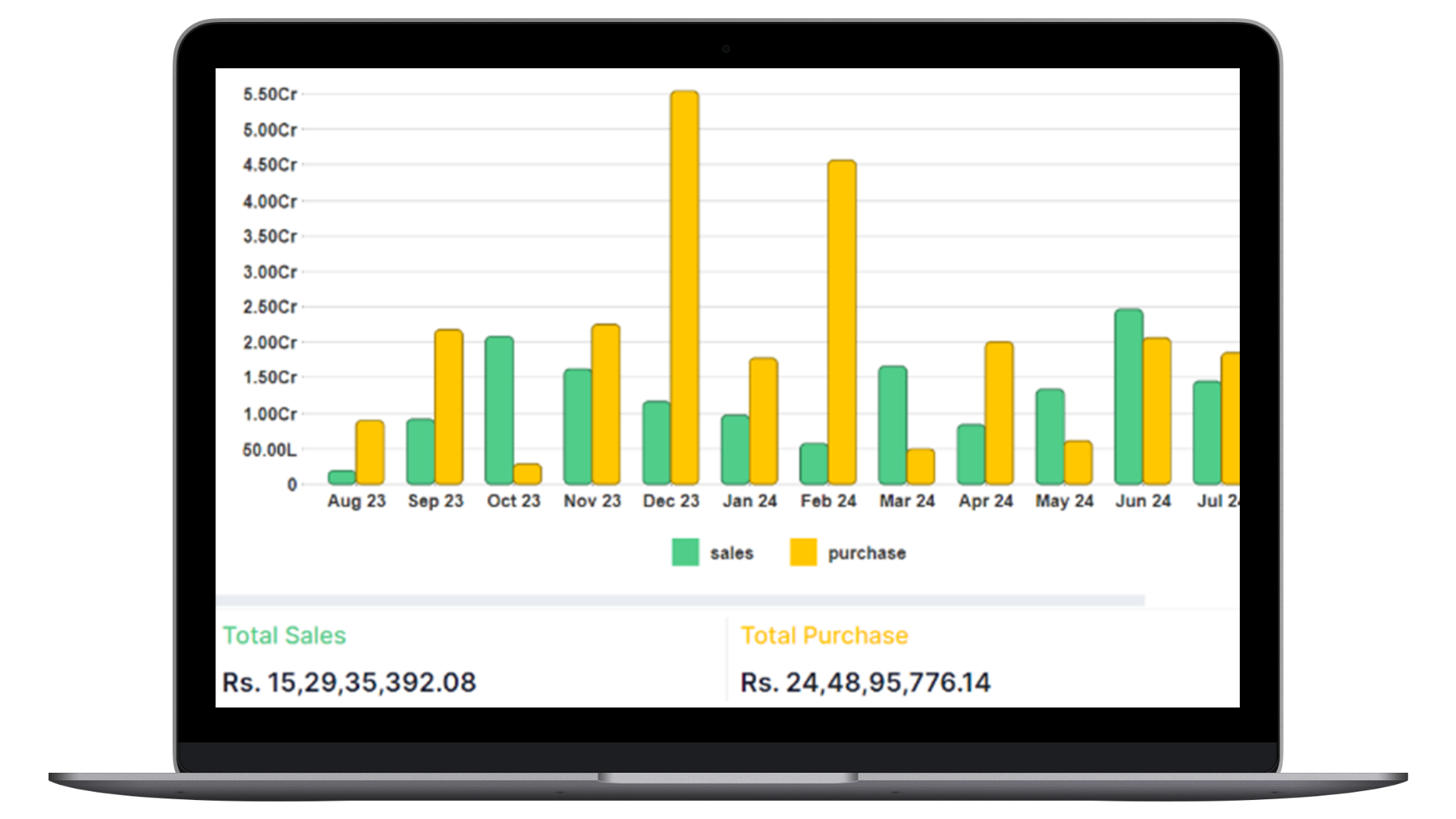
Finance and Accounting
Automate financial transactions, manage general ledgers, accounts payable and receivable, budgeting, and generate real-time financial reports. This module ensures accurate financial data and compliance with accounting standards.
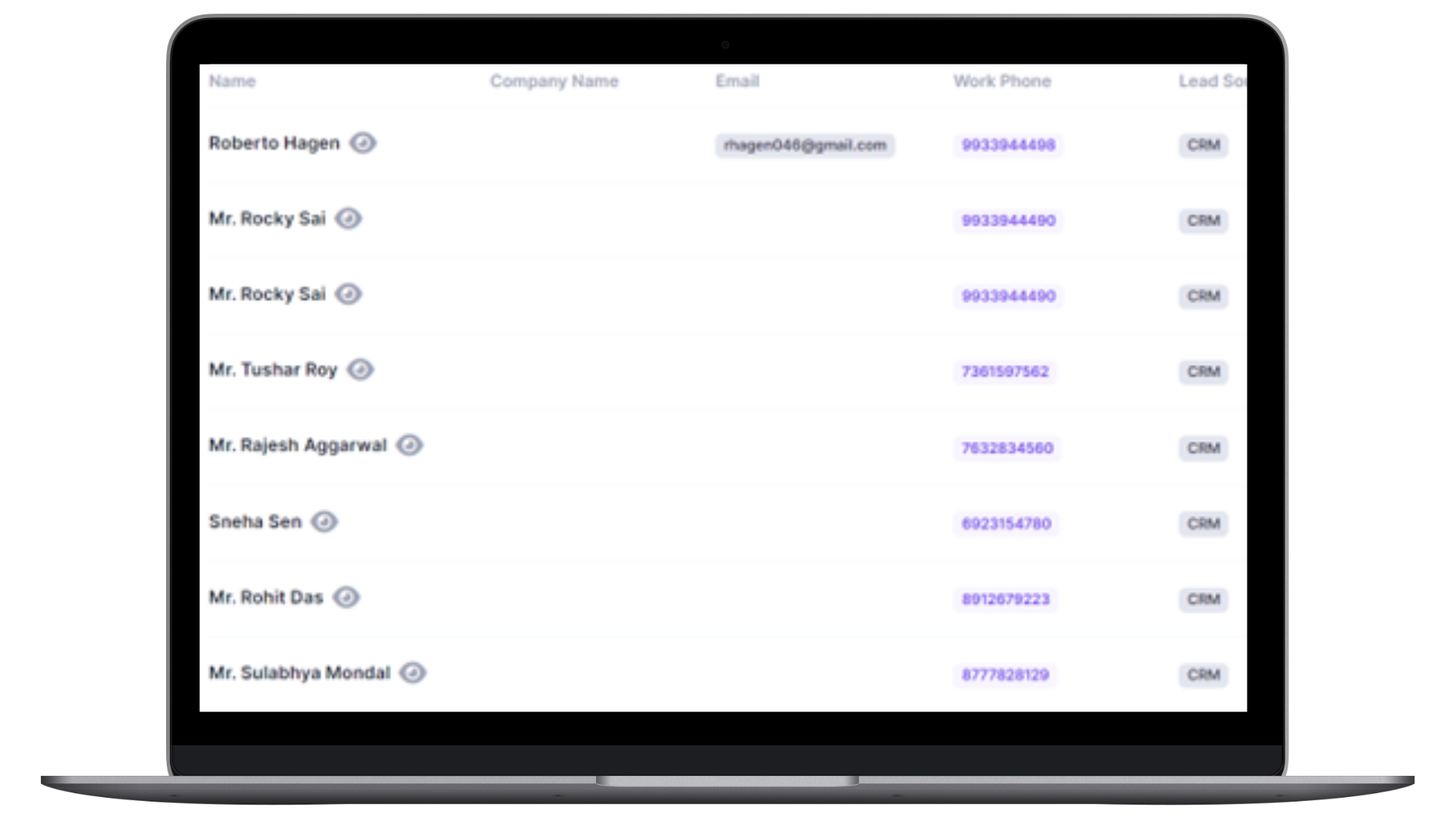
Sales and Marketing
Manage the entire sales cycle from lead generation to order fulfilment. Track customer interactions, sales pipelines, and campaigns. Analyze sales data to identify trends and improve marketing strategies.
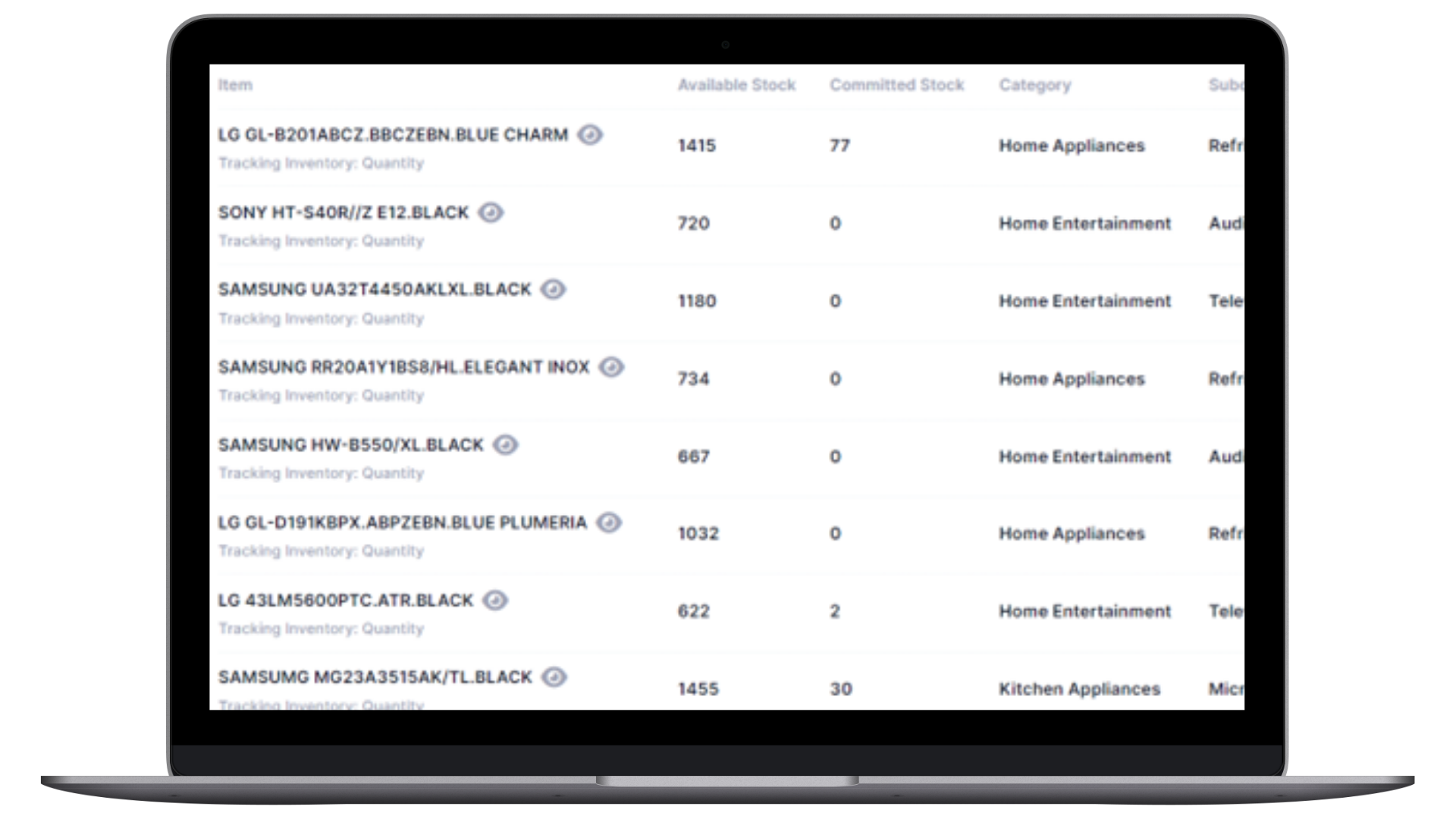
Inventory Management
Optimize stock levels, track inventory movements, manage purchase orders, and handle warehousing operations. This module reduces carrying costs and minimizes stockouts and overstock situations.
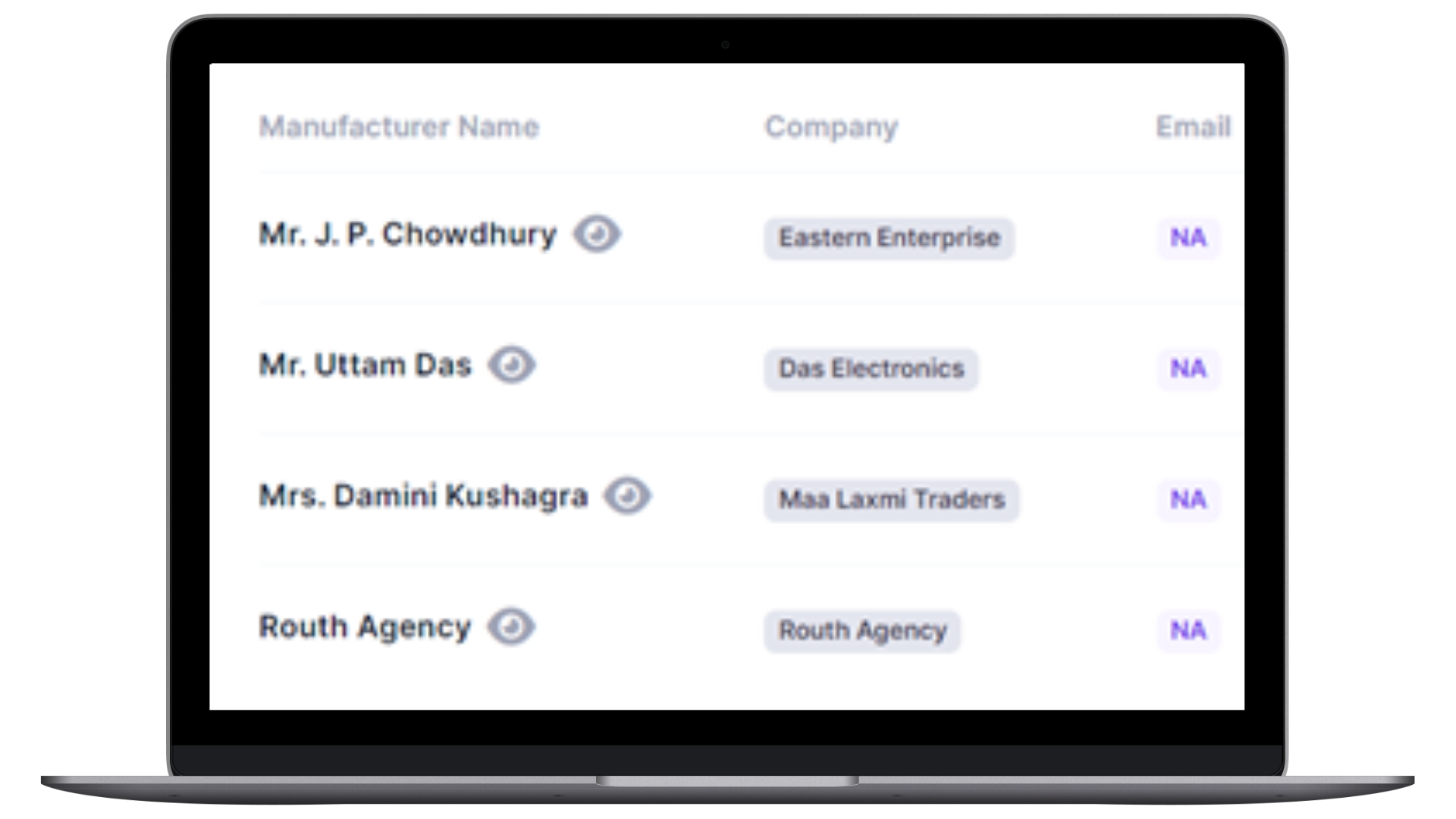
Production Planning
Plan and schedule manufacturing processes, manage bills of materials, track production costs, and ensure quality control. This module improves production efficiency and product quality.

Customer Relationship Management (CRM)
Enhance customer interactions by tracking customer history, managing service requests, and personalizing marketing efforts. This module improves customer satisfaction and loyalty.
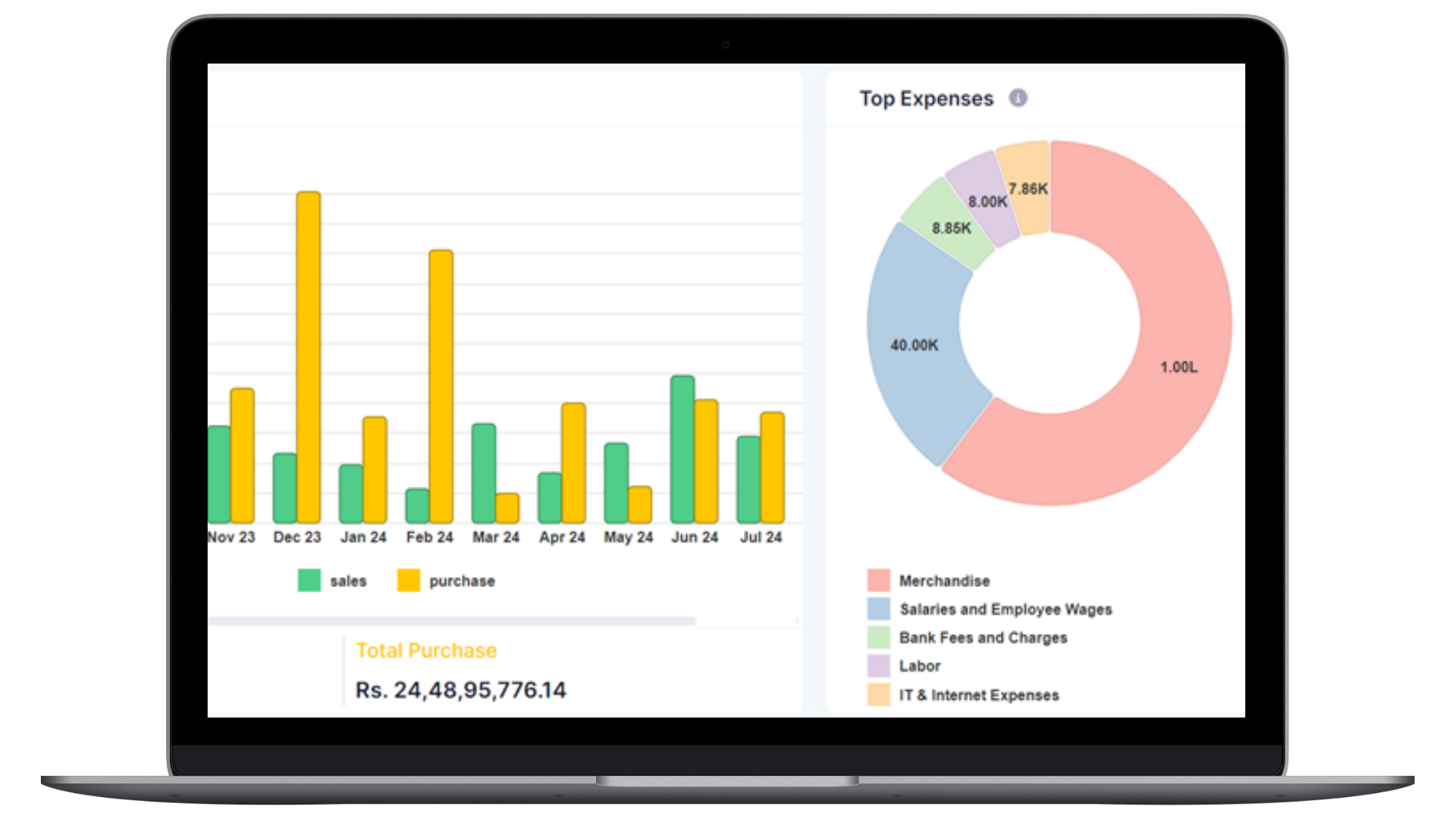
Real-time Data Access
ERP systems offer real-time access to data, providing up-to-date information across all departments. This capability allows for quick, informed decision-making and agile responses to market changes. Managers can access dashboards and reports that reflect the current state of operations, enhancing transparency and control.
Scalability
As your business grows, so do your ERP needs. ERP software is designed to scale with your organization, accommodating more users, higher transaction volumes, and additional modules without compromising performance. This scalability ensures that your ERP system remains effective as your business evolves.
Customization
ERP systems can be customized to meet the unique needs of your business. From configuring workflows and interfaces to tailoring reports and forms, ERP software can be adapted to fit industry-specific requirements and organizational preferences, ensuring a perfect fit for your operations.
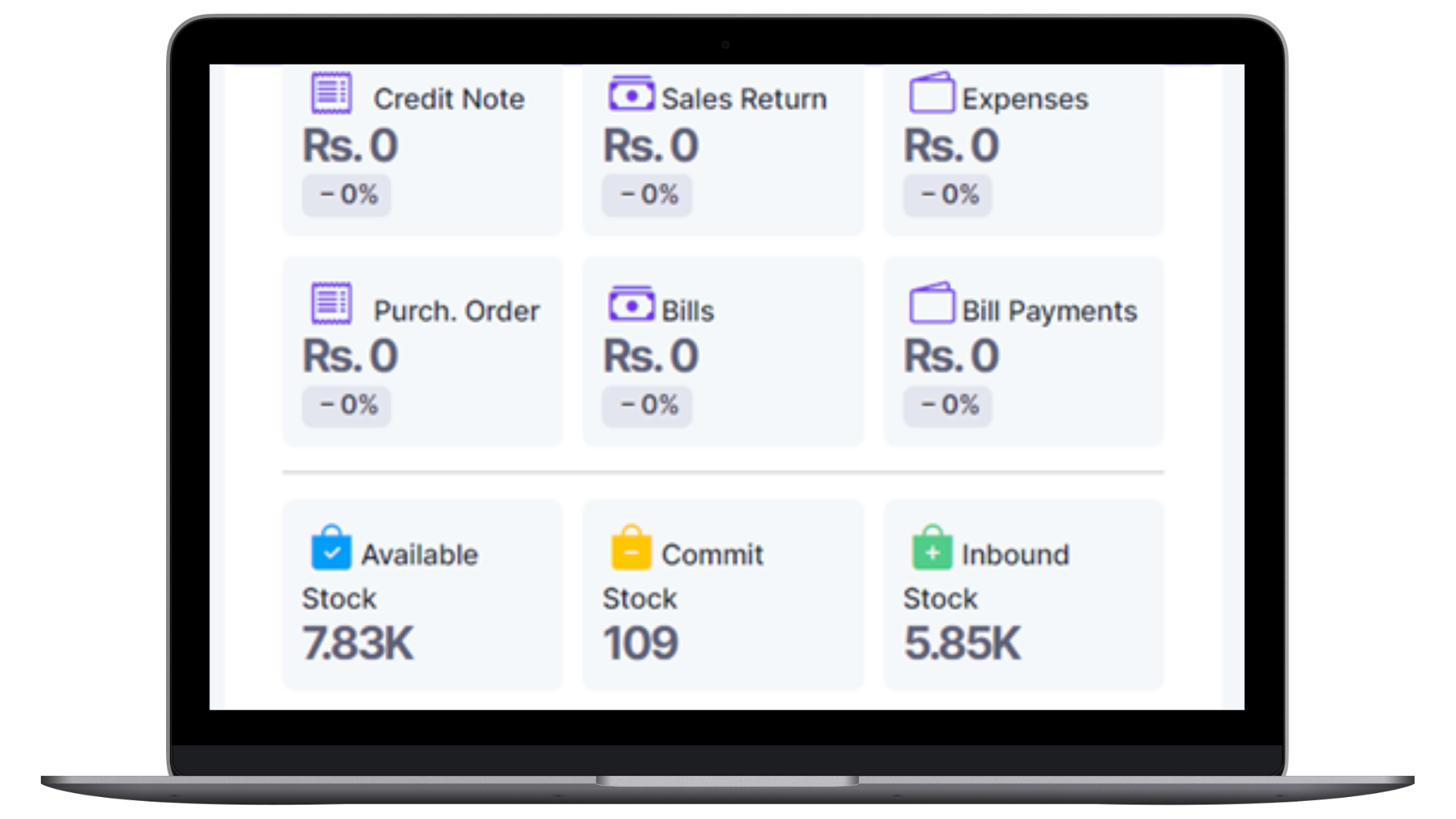
Enhanced Reporting and Analytics
ERP software includes advanced reporting and analytics tools that provide deep insights into business performance. These tools allow users to generate detailed reports, perform complex data analysis, and visualize trends. This feature supports strategic planning and helps identify opportunities for improvement.
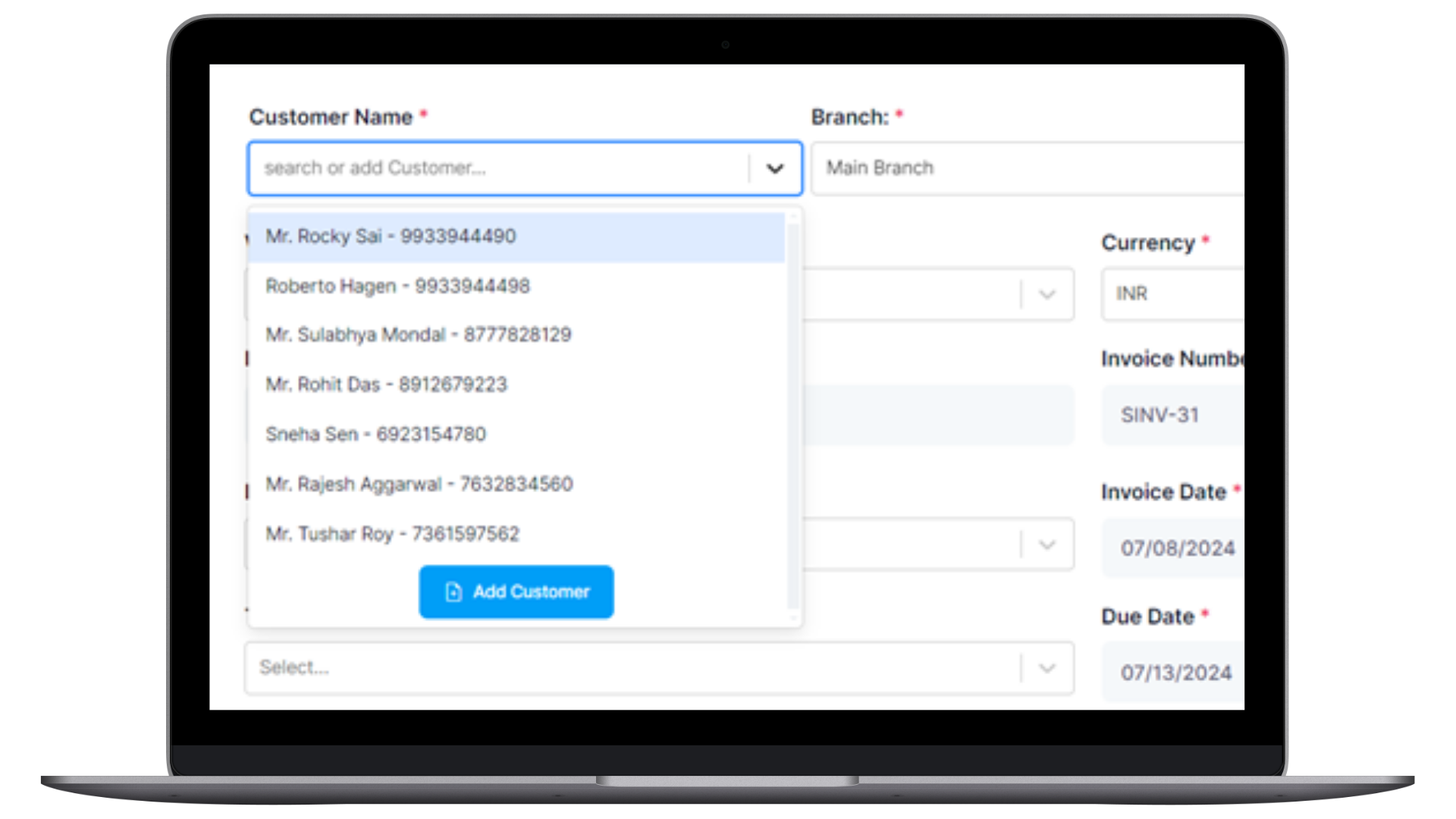
Automation of Routine Tasks
ERP systems automate repetitive and time-consuming tasks such as data entry, invoicing, and inventory tracking. Automation reduces the risk of human error, speeds up processes, and frees employees to focus on more strategic activities. This efficiency leads to cost savings and improved productivity.
Improved Collaboration
With centralized data and integrated processes, ERP software fosters collaboration across departments. Employees can easily share information, coordinate activities, and work together towards common goals. This collaboration improves overall organizational effectiveness and ensures everyone is aligned with the company’s objectives.
Compliance and Risk Management
ERP systems help businesses comply with industry regulations and standards by maintaining accurate records and providing audit trails. They offer features such as document management, compliance reporting, and risk assessment tools. This helps in identifying potential risks and ensuring adherence to legal requirements.
Mobile Accessibility
Modern ERP solutions often include mobile applications, enabling users to access important business information from their smartphones or tablets. This feature is particularly beneficial for sales teams, field service personnel, and remote workers who need to stay connected and productive while on the move.
Enhanced Customer Service
By centralizing customer data and providing tools for managing customer interactions, ERP software significantly improves the quality of customer service. Businesses can respond more quickly to inquiries, track service issues, and ensure timely resolution. This leads to higher customer satisfaction and loyalty.
